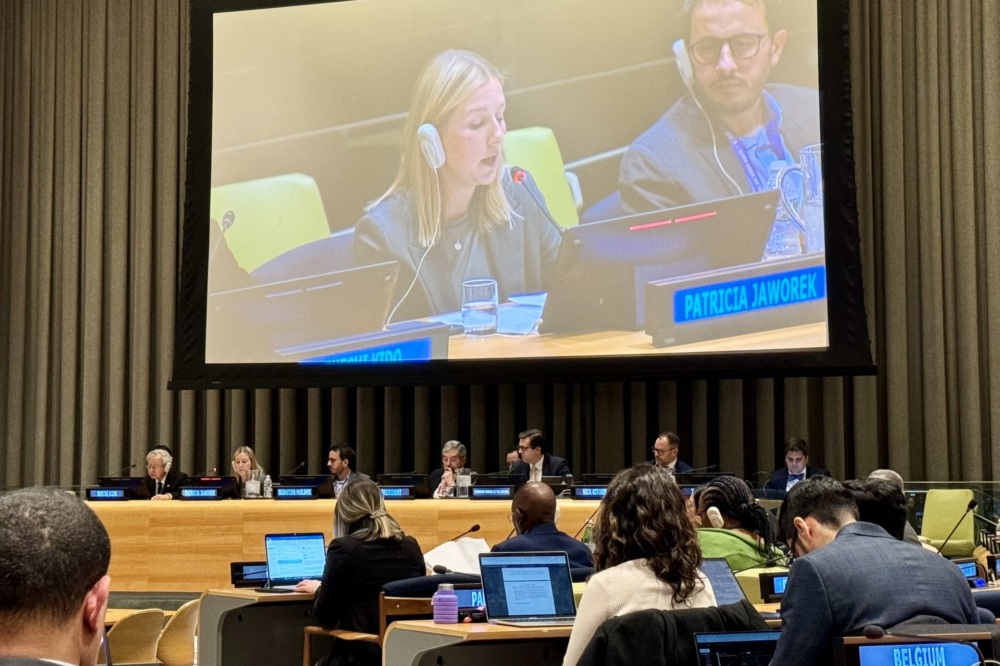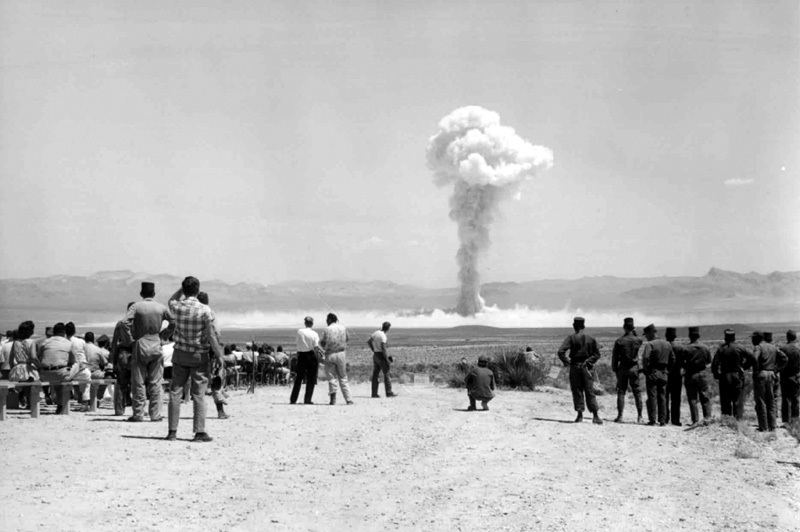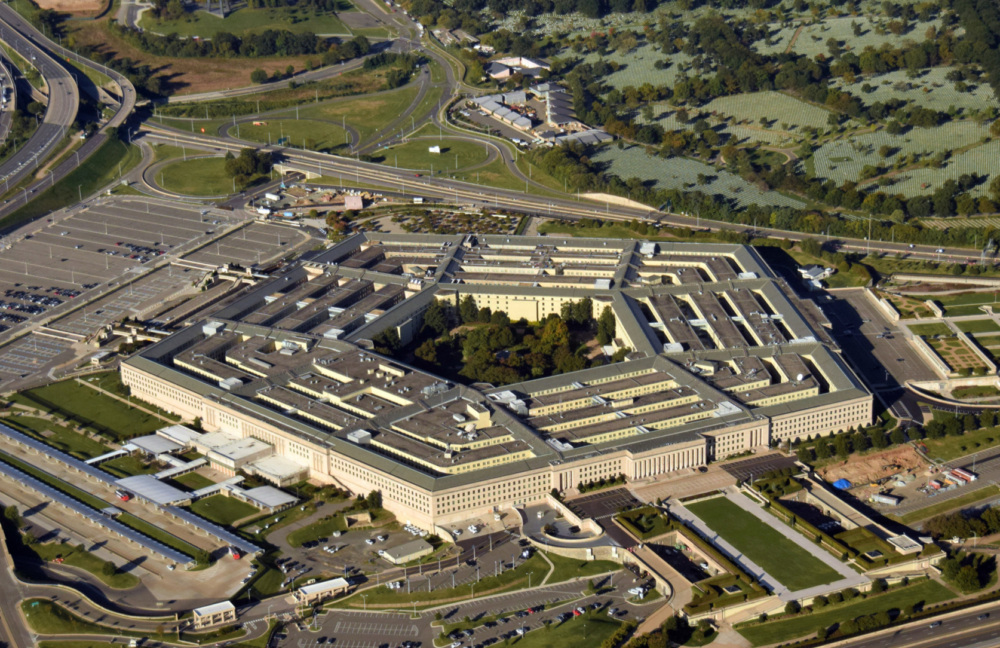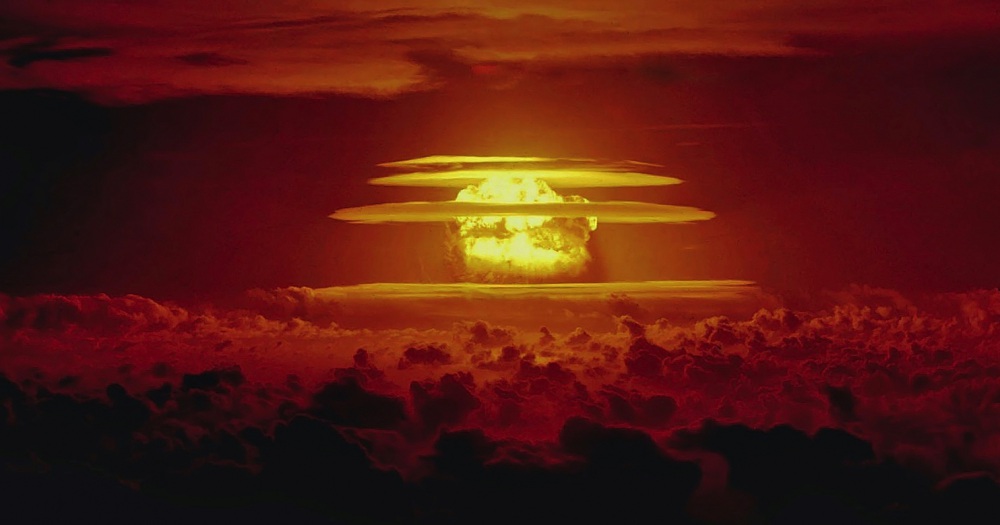October 2, 2022
Thirty years ago today, President George H.W. Bush signed legislation to suspend and later completely halt U.S. explosive nuclear testing. This law set a precedent that prompted other countries to stop testing and was the foundation for the negotiation and President Clinton’s signature of the Comprehensive Nuclear-Test-Ban Treaty (CTBT) on September 24, 1996.
Today, the national security and humanitarian benefits of the moratorium are clear. Of the nine countries with nuclear weapons, only North Korea has tested since 1998. That’s a marked change from preceding decades when explosive tests were almost routine. Indeed, between 1945 and the mid-1990s, there were approximately 2,000 explosive nuclear tests worldwide, with more than 500 of those conducted above ground or under water. The devastation those tests brought—for indigenous communities, downwinders, atomic veterans, and so many others—will never be quantifiable.
Advances in the U.S. Stockpile Stewardship Program (SSP), which uses science-based assessments of nuclear weapons without the need for explosive testing, ensure that the United States can be more confident than ever in the safety, reliability, and effectiveness of its nuclear stockpile. Every U.S. president since President Clinton has determined through the SSP—rightly—that resuming explosive nuclear testing is scientifically and technically unnecessary.
The world also has made remarkable strides in detecting nuclear explosive tests. The Comprehensive Nuclear-Test-Ban Treaty Organization’s global monitoring and verification system is designed to register a nuclear explosion anywhere on the planet. It has proven its effectiveness by detecting each of North Korea’s nuclear tests, and it has strengthened our ability to effectively monitor the CTBT.
Unfortunately, a ban on testing is not yet codified in international law. For the CTBT to enter into force, eight remaining states would have to ratify it: the United States, China, India, Pakistan, Egypt, Iran, Israel, and North Korea. Ratification would provide a mechanism through which to raise questions about any concerning activities detected, such as those the United States has raised regarding possible extremely low-yield testing by Russia.
Today’s anniversary is an opportunity to commend the consensus on the value of the explosive nuclear testing moratorium. But it also is a day to recognize that the United States and global community have an obligation to do more to formalize and ensure the continuation of the moratorium.
A permanent end to nuclear testing would greatly strengthen the nuclear non-proliferation regime and deserves support by the global community.
To learn more about the significance of this anniversary, watch NTI’s National Security Consultant Steve Andreasen explain how the United States’ decision to stop explosive nuclear testing was a critical step towards building a safer world.





